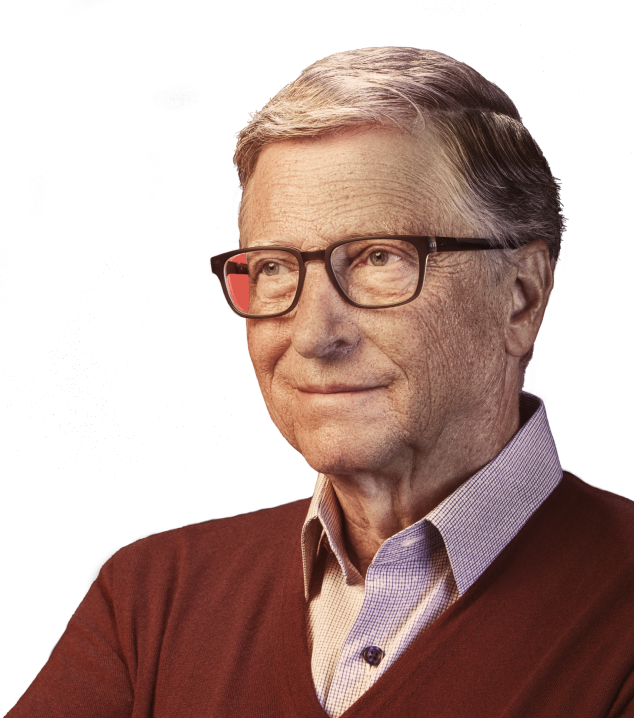Great Reads
5 books to read this summer
Each one kept me up reading long past when I should have gone to sleep.

Here in Seattle, summer is a gift you earn by gutting out nine months of rain and gloom. The skies are clear, there’s hardly any humidity, and the nights are cool. Best of all, you sometimes get the chance to sit outside reading a great book.
This summer, my recommended reading list has a good dose of books with science and math at their core. But there’s no science or math to my selection process. The following five books are simply ones that I loved, made me think in new ways, and kept me up reading long past when I should have gone to sleep. As a result, this is an eclectic list—from an 800-page science fiction novel by a local legend to a 200-page nonfiction book on how Japan can get its economic mojo back. I hope you find at least one book here that inspires you to go off the beaten path when you get some time to yourself this summer.
Seveneves, by Neal Stephenson. I hadn’t read any science fiction for a decade when a friend recommended this novel. I’m glad she did. The plot gets going in the first sentence, when the moon blows up. People figure out that in two years a cataclysmic meteor shower will wipe out all life on Earth, so the world unites on a plan to keep humanity going by launching as many spacecraft as possible into orbit. You might lose patience with all the information you’ll get about space flight—Stephenson, who lives in Seattle, has clearly done his research—but I loved the technical details. Seveneves inspired me to rekindle my sci-fi habit.
How Not to be Wrong, by Jordan Ellenberg. Ellenberg, a mathematician and writer, explains how math plays into our daily lives without our even knowing it. Each chapter starts with a subject that seems fairly straightforward—electoral politics, say, or the Massachusetts lottery—and then uses it as a jumping-off point to talk about the math involved. In some places the math gets quite complicated, but he always wraps things up by making sure you’re still with him. The book’s larger point is that, as Ellenberg writes, “to do mathematics is to be, at once, touched by fire and bound by reason”—and that there are ways in which we’re all doing math, all the time.
The Vital Question, by Nick Lane. Nick is one of those original thinkers who makes you say: More people should know about this guy’s work. He is trying to right a scientific wrong by getting people to fully appreciate the role that energy plays in all living things. He argues that we can only understand how life began, and how living things got so complex, by understanding how energy works. It’s not just theoretical; mitochondria (the power plants in our cells) could play a role in fighting cancer and malnutrition. Even if the details of Nick’s work turn out to be wrong, I suspect his focus on energy will be seen as an important contribution to our understanding of where we come from.
The Power to Compete, by Ryoichi Mikitani and Hiroshi Mikitani. I have a soft spot for Japan that dates back three decades or so, when I first traveled there for Microsoft. Today, of course, Japan is intensely interesting to anyone who follows global economics. Why were its companies—the juggernauts of the 1980s—eclipsed by competitors in South Korea and China? And can they come back? Those questions are at the heart of this series of dialogues between Ryoichi, an economist who died in 2013, and his son Hiroshi, founder of the Internet company Rakuten. Although I don’t agree with everything in Hiroshi’s program, I think he has a number of good ideas. The Power to Compete is a smart look at the future of a fascinating country.
Sapiens: A Brief History of Humankind, by Noah Yuval Harari. Both Melinda and I read this one, and it has sparked lots of great conversations at our dinner table. Harari takes on a daunting challenge: to tell the entire history of the human race in just 400 pages. He also writes about our species today and how artificial intelligence, genetic engineering, and other technologies will change us in the future. Although I found things to disagree with—especially Harari’s claim that humans were better off before we started farming—I would recommend Sapiens to anyone who’s interested in the history and future of our species.

